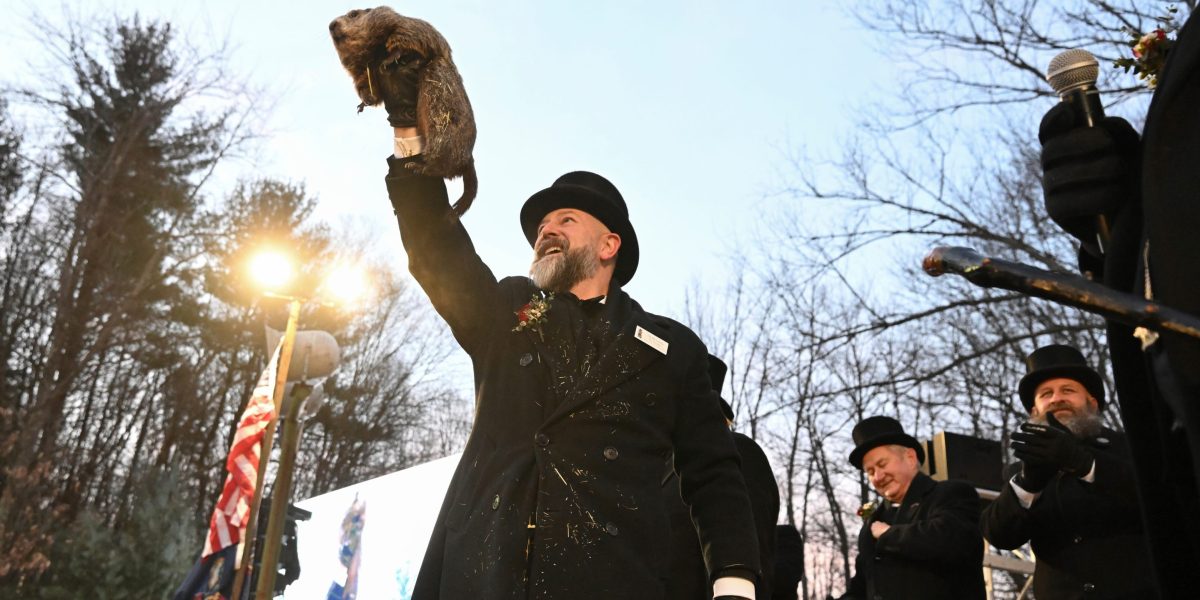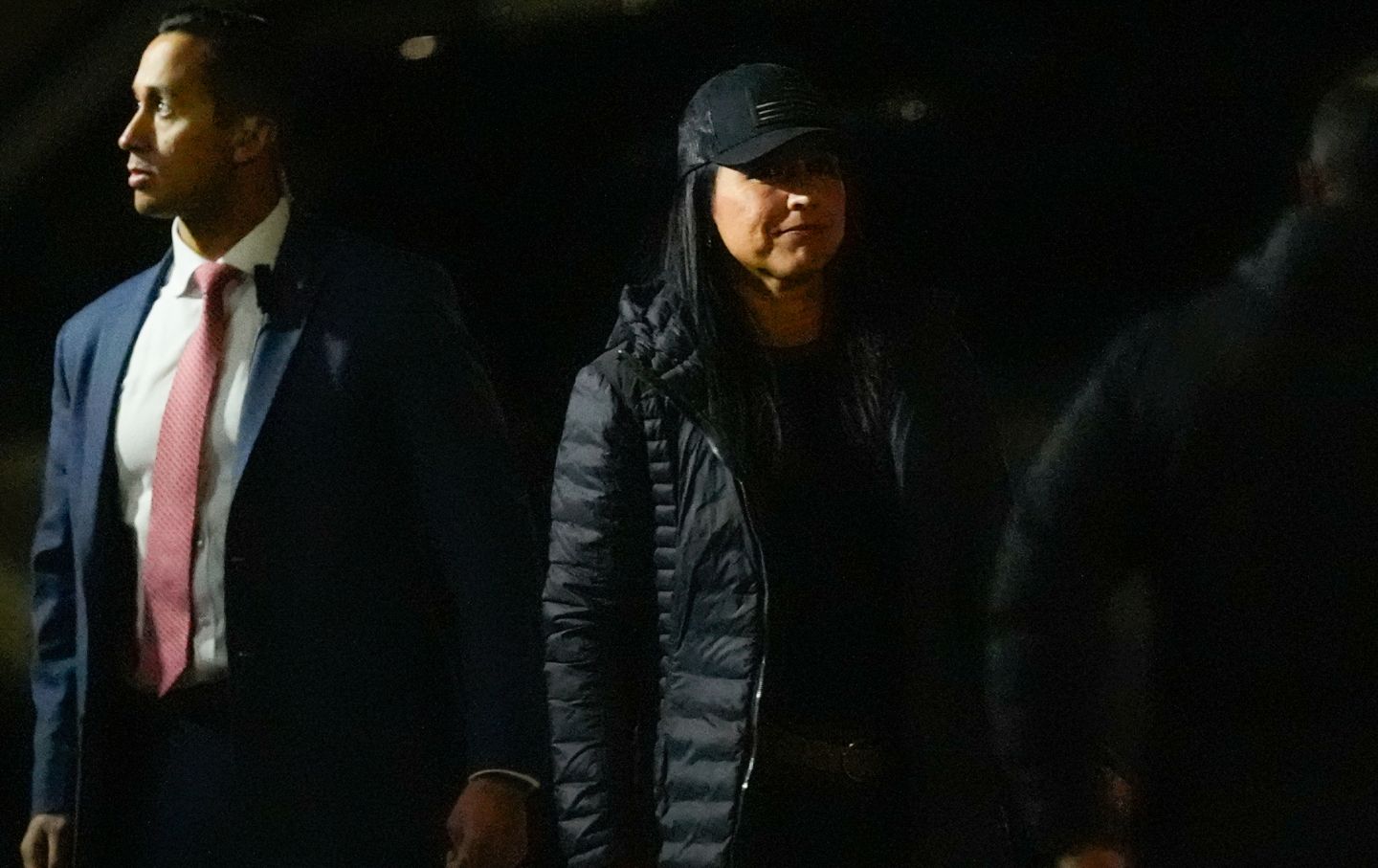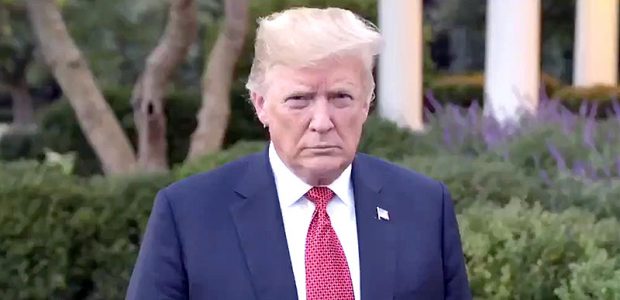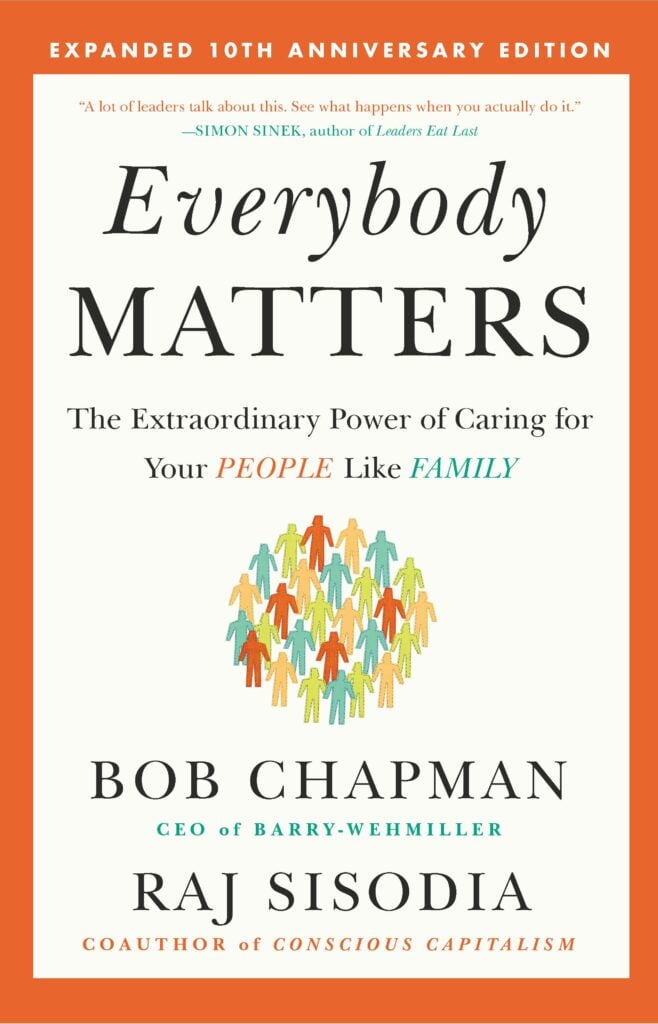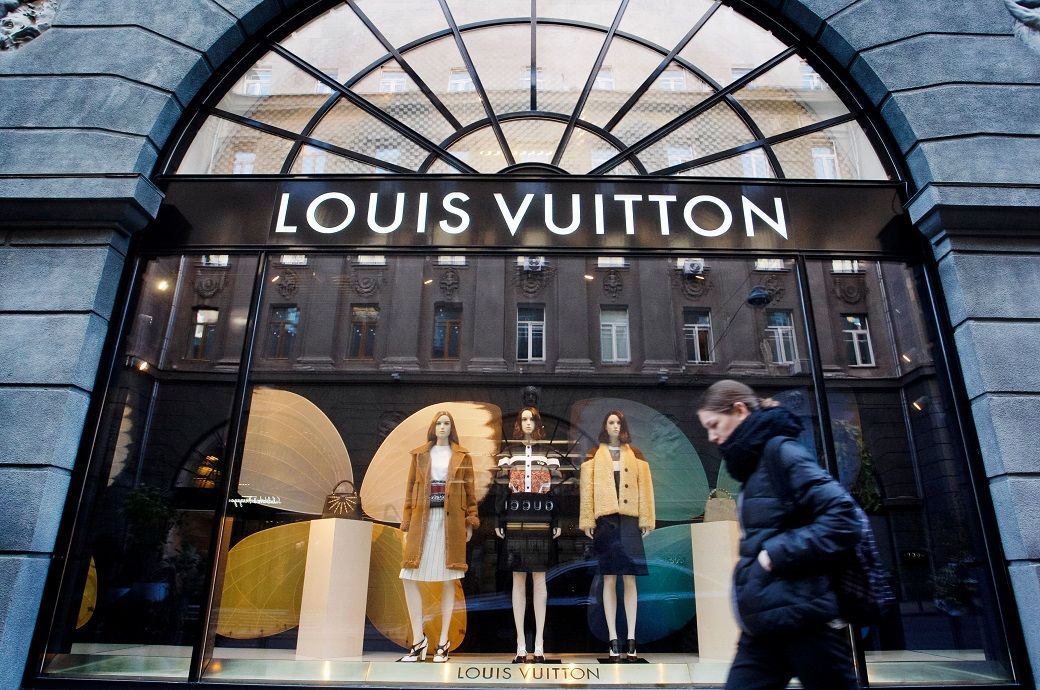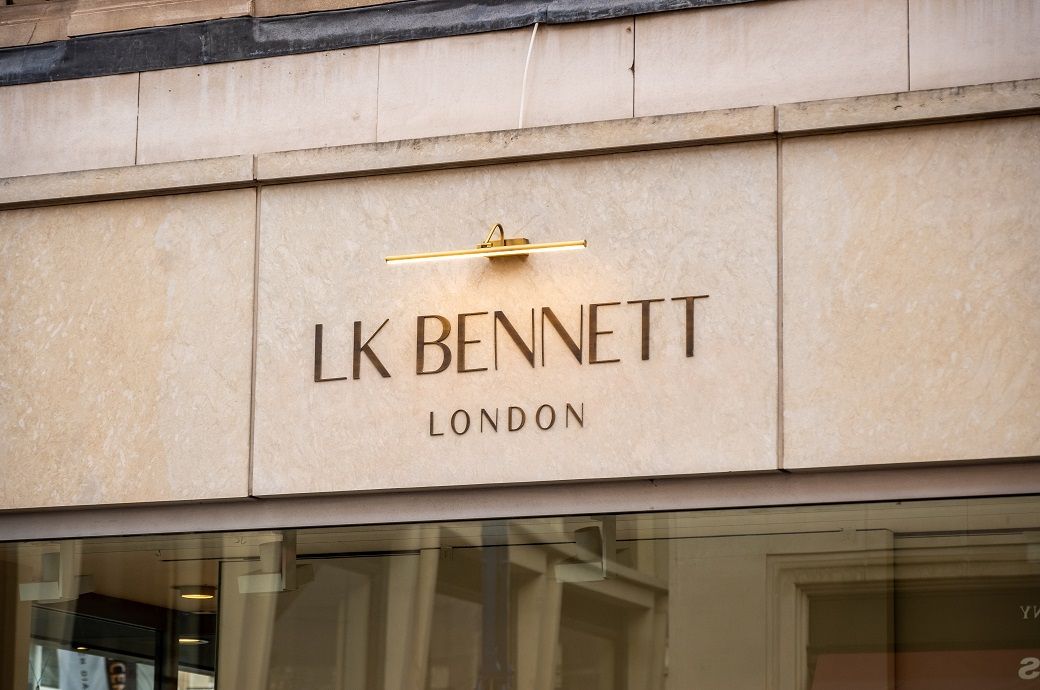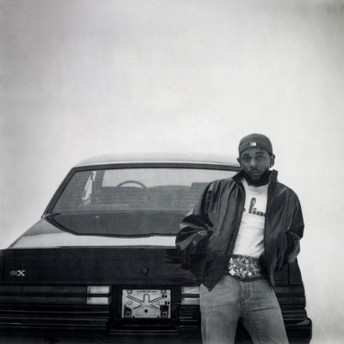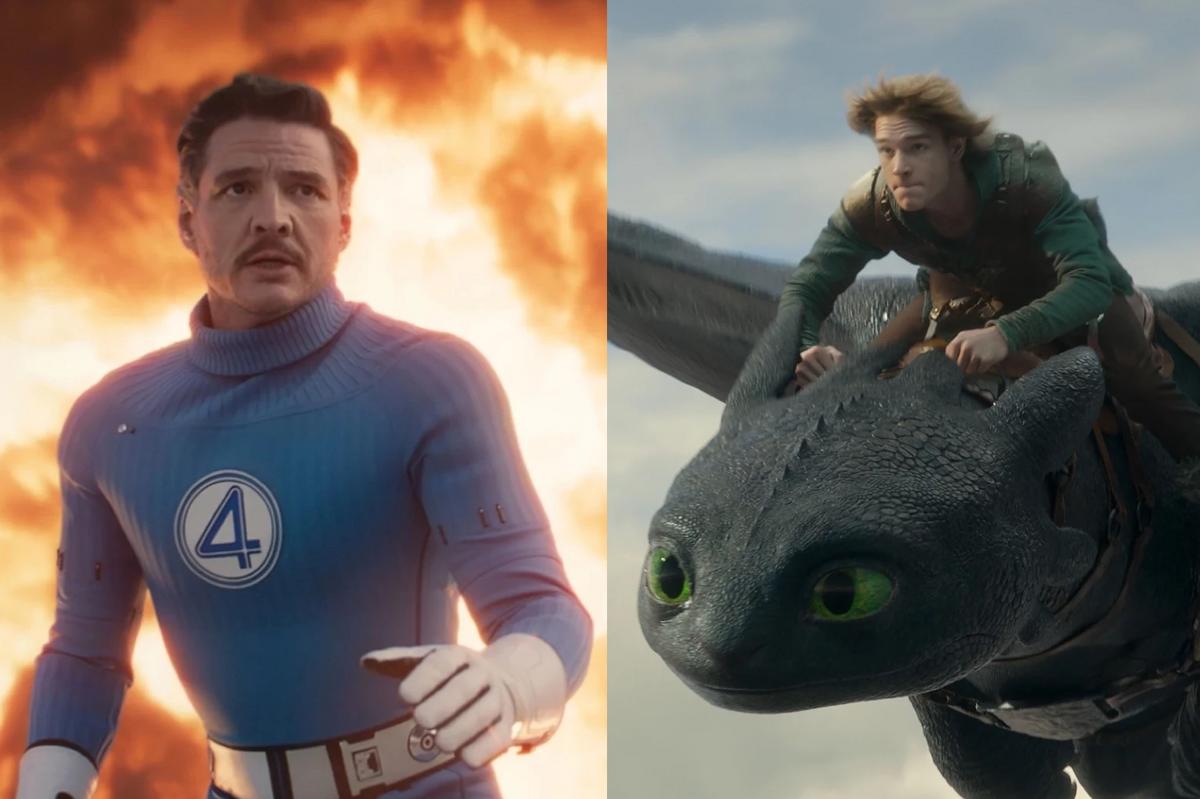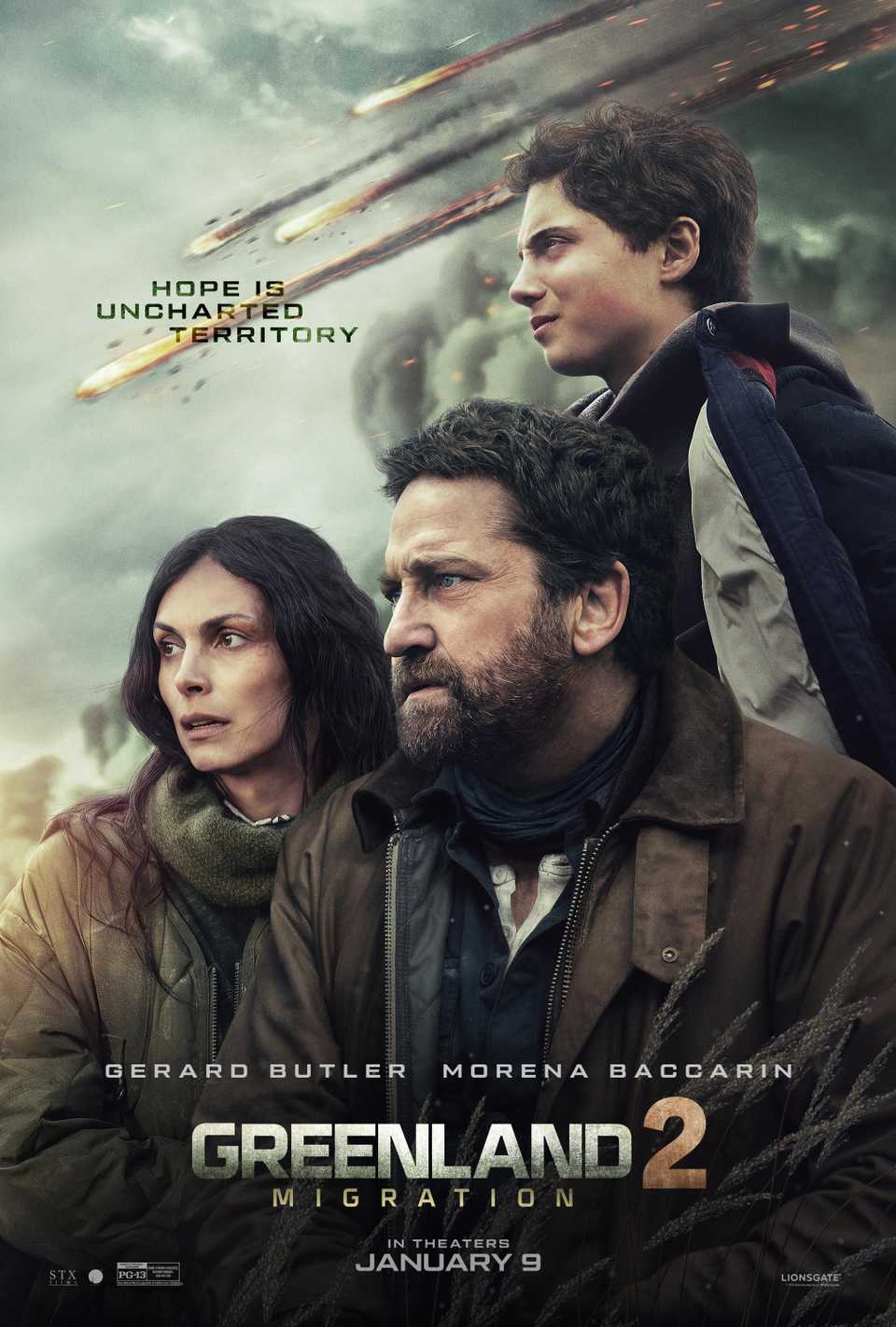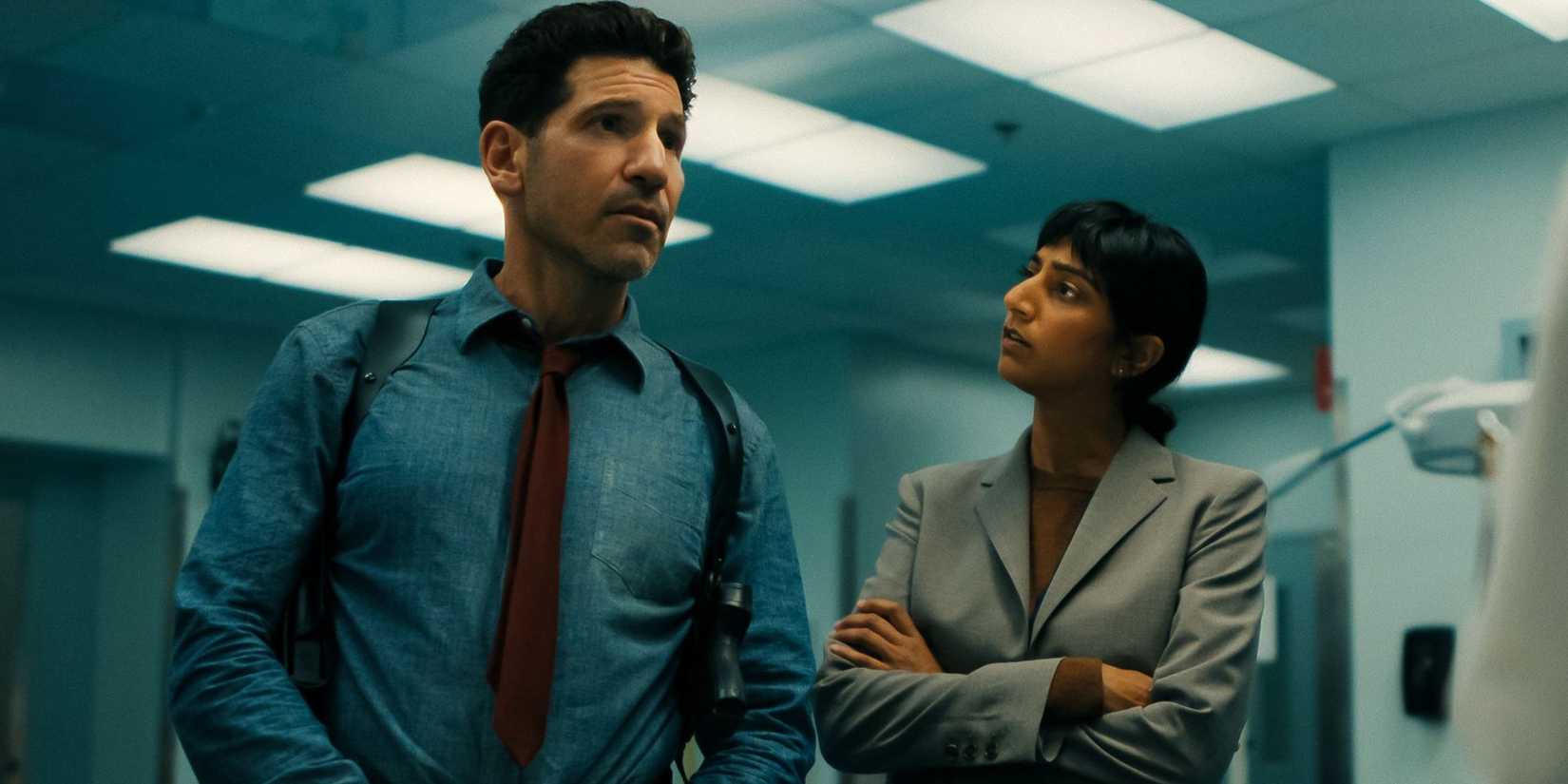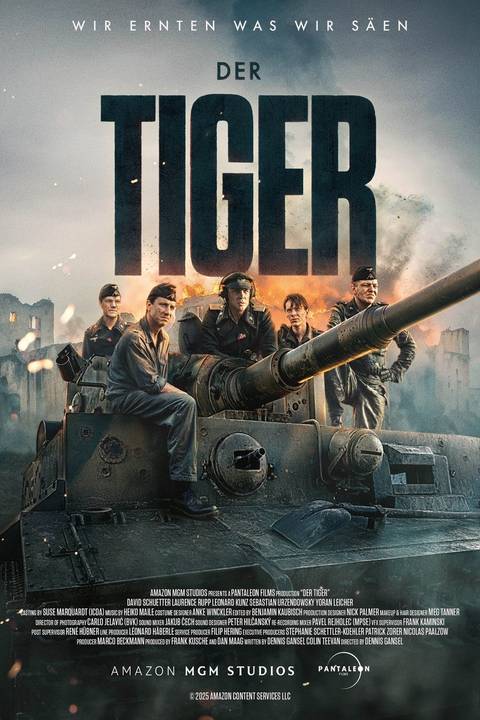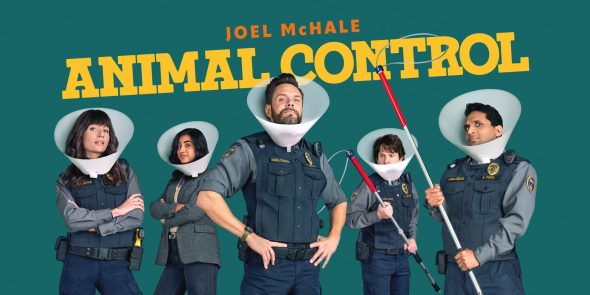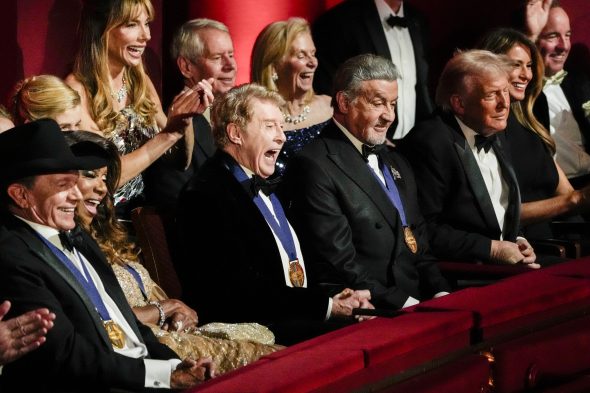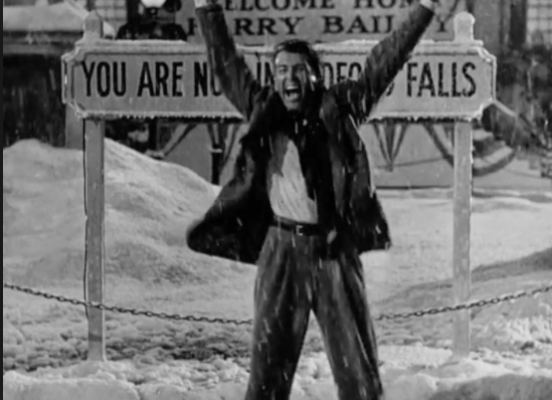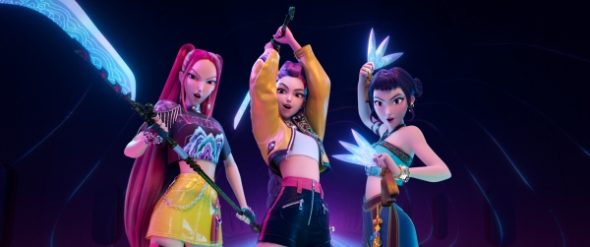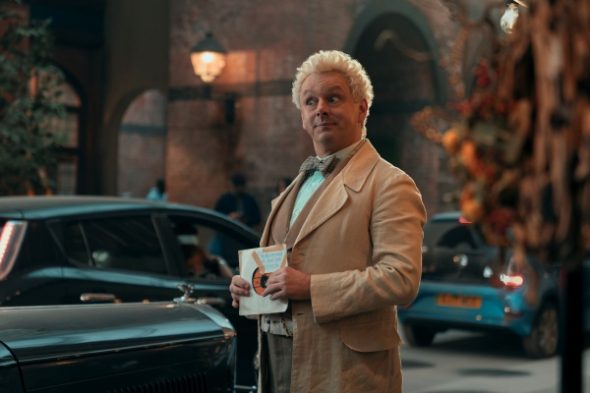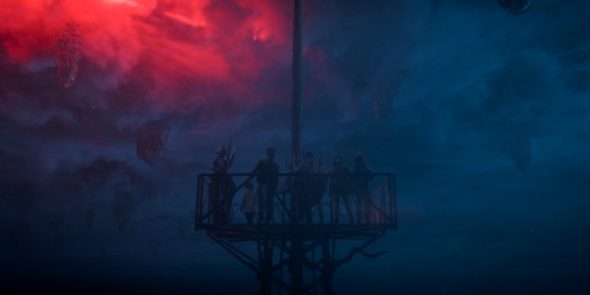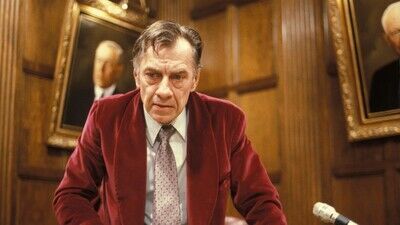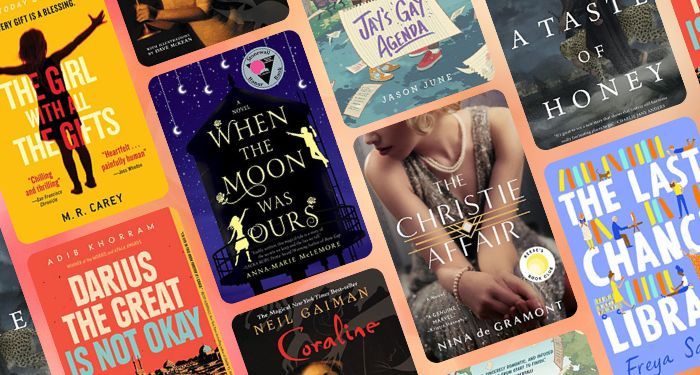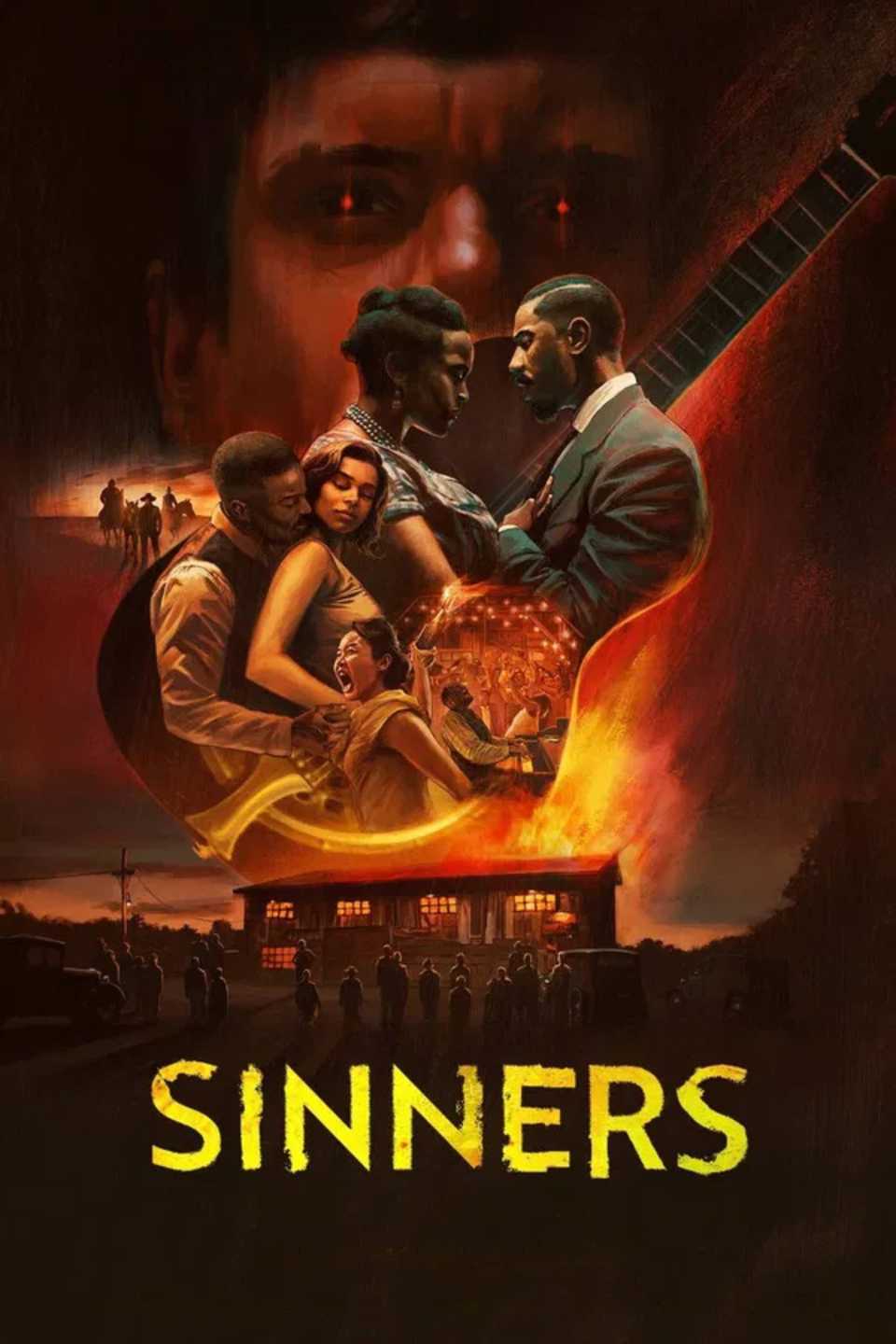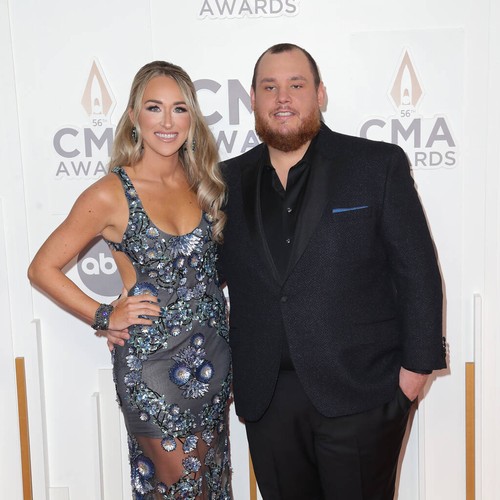[ad_1]

“Hard Eight” was a stunning showcase for everyone in the cast, from co-leads Hall and John C. Reilly who was about to hit the big times like Hall after a few years in the trenches playing sidekicks and silent texture, to supporting players Gwyneth Paltrow, Samuel L. Jackson, and Philip Seymour Hoffman. Hall, Hoffman, and Reilly would appear in Anderson’s next two films “Boogie Nights” and “Magnolia” as their stars rose alongside Anderson’s quirky Altman-inspired character studies. Hall, Reilly, and Hoffman were like anchors that kept the sprawling narratives routed to the spot, to humanity. In “Hard Eight,” Hall’s intention remains a mystery until the final act, and his harsh professionalism masks his angelic nature. A scene where Paltrow imagines he’s about to coerce her for sex is genuinely suspenseful, because we don’t know if his character Sidney is who he tries to make himself out to be. His soulful interiority and avuncular care (his near undoing) for Reilly’s big dumb hustler is like the low bass notes that allow the more flamboyant performances to take solos. Hall didn’t solo like some actors. He was the whole song.
In “Boogie Nights” Hall has precious little screen time, but he’s spectacular as porn producer Floyd Gondolli. He’s even more heartbreaking in “Magnolia” as a crooked game show host who’s losing his mind, suffering from an onset of an Alzheimer’s like disorder from years of hard living. His daughter says he molested her, but he can’t remember doing it. Anderson specialized in broken characters and in Hall he had a guy who could project brokenness with the stuttering he perfected playing his apoplectic drunken Nixon, or with the simplicity of a syllable, his voice like the scotch he pounds in “Secret Honor,” old and grim and middle shelf, a man who should have become more, a man who projects the air of a king, but has no kingdom to call home.
As his work with Anderson got him in front of audiences, the calls started and never stopped. He played frequently uncredited functionaries beautifully, whether as the Chief Justice in “The Rock,” the Attorney General in “Air Force One,” a police captain in “Rush Hour,” a fixer in “The Talented Mr. Ripley,” a handwriting expert in “Zodiac,” the CIA director in “Argo,” or a sheriff in Gus van Sant’s “Psycho.” Occasionally he’d get to really steal the show, as when he plays craven Don Hewitt, who sells out Al Pacino’s Lowell Bergman to CBS’ higher-ups and Big Tobacco in Michael Mann’s stunning “The Insider,” or as Paul Bettany’s mute father in “Dogville.” He would appear in the odd comedy, too, doing fantastically deranged work in an episode of “Children’s Hospital,” doing a voice on “Bojack Horseman” and taking a small but beloved role on “Modern Family.” He was upset that they killed his character on the latter just as he was finding his groove as the character Walt Kleezak. He was 80 when he got the role. He was finally starting to show signs of his age. In small parts in Jason Bateman’s “Bad Words” and Mark Pellington’s “The Last Word,” his voice was slower and harder to understand. His old ferocity had quieted, though he was still ingratiating, his hanged expression still one of the most welcome sights in the American cinema, his deep sonorous voice still projecting the authroity that had started his acting career back in Toledo.
[ad_2]
Original Source Link



